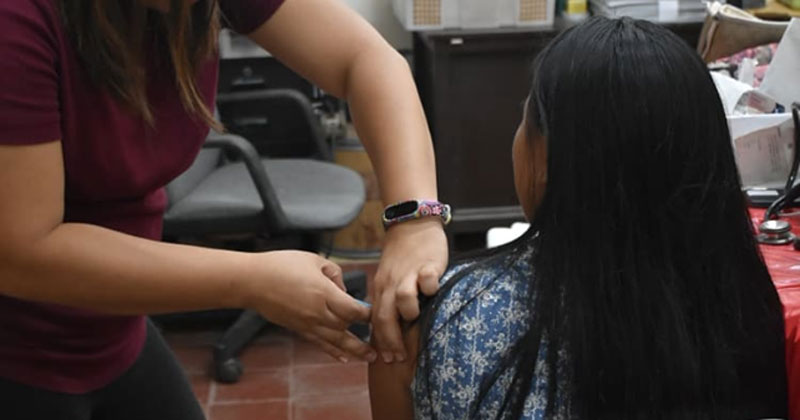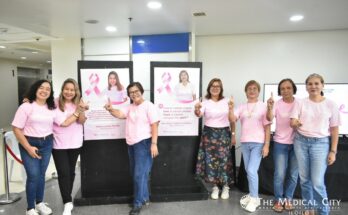The Iloilo City Animal Bite Treatment Center gave vaccine to 122 people who were bitten by animals during the first quarter of 2019.
They included 57 males and 65 females from all over the metropolis.
“We give vaccination to people bitten by animals. The vaccines are pre-qualified by the World Health Organization (WHO),” said Dr. Maila Buyco, Medical Officer IV of Iloilo City Animal Bite Treatment Center.
The center at Ker Building behind City Hall is open from 8 a.m. to 5 p.m daily. It provides consultation for people who were bitten by animals classified as mammals such as dog, cat, goat, pig, cow, and carabao. It also gives free vaccination for anti-rabies.
Based on WHO, rabies is classified into three categories. Category 1 when a person touched or fed the animal and it licked on intact skin; Category 2 if there was nibbling of uncovered skin, minor scratches or abrasion without bleeding; and Category 3 if there was single or multiple bites or scratches, licks on broken skin, contamination of mucous membrane with saliva from licks, and contacts with bats.
Muyco said the City Animal Bite Treatment Center gave active immunization to people who were categorized in Category 2.
“If the animal is alive within 14 days, three dosages are given to the person. However, when the animal dies, we usually recommend to have it checked at the Bureau of Animal Industry and if it is identified to have rabies, four dosages of active vaccine is given,” Muyco said.
For Category 3, active and passive vaccines are both given to the person bitten by rabies-carrying animal.
The same concept is applied for Category 2 and Category 3 for the active vaccine. However, the passive vaccine is only given two hours after the first active vaccine.
Muyco said the center is giving free vaccine for the first dose to persons who are classified in Category 2 and 3.
“We have passive vaccines, however only few are left here. When we were running out of vaccines, we decided to give one dose for active and one vial for passive so that more people can avail of the vaccines,” Muyco added.
She encouraged people who were given one dose to continue their immunization even after the one shot given to them.
“Our problem right now is that, people who were given vaccine the first time are not going back anymore for the second, third or fourth vaccine, As a result, the first dosage will just be useless because they have not completed the entire vaccination,” Muyco said. (Merianne Grace Ereñeta/Iloilo City PIO)



